Collins Hall Renovations To Allow Wheelchair Accessibility
The stairs in and out of Collins Hall prove problematic for some people with disabilities (Kevin Stoltenborg/The Fordham Ram).
April 4, 2018
By Joergen Ostensen
Renovations to Collins Hall to allow for wheelchair access will be completed before the end of 2018, according to Marco Valera, vice president of Facilities Management.
Valera said the university is investing between three and four million dollars in the renovations to Collins, showing a commitment to accessibility.
“[The university is] dedicating almost four million dollars to one issue of accessibility which demonstrates that it is committed,” he said.
Collins is currently inaccessible to students in wheelchairs, which means that those students face challenges when attending shows in the theatre. Valera said the plan is to replace one of the two main stairwells with an elevator over the course of the summer.
The lack of accessibility to Collins has presented challenges to people in wheelchairs.
Katie Dolan, FCRH ’18, the vice president of Mimes and Mummers in 2016, suffered injuries to her legs that required the use of a wheelchair and crutches for nearly five months in 2016.
She found accessing Collins Hall, which she had to do almost everyday, to be the greatest challenge she faced.
“In order to get in, I would climb out of my wheelchair and scoot up the steps to the foot of the building,” she said. “I would then wait for someone to bring my wheelchair to me, and wheel into the building where I would once again get out and scoot up to the second floor.”
After she no longer needed a wheelchair, she continued to have issues accessing Collins.
“Even when I was out of my wheelchair and using a cane, Collins Hall was a challenge to get into and maneuver in due to steep stairs,” she said.
Dolan said that she had mixed results trying to access other buildings on campus.
“Fordham’s accessibility suffers from a severe lack of uniformity,” she said. “Some of the buildings and areas of campus are easily accessed while others prove quite difficult.”
Valera said he believes Fordham is currently “average-to-good” with respect to its wheelchair accessibility and that it will address the major issue with its plans to renovate Collins.
“I have not had any direct requests, with the exception of Collins Hall, which we put in our pipeline,” he said.
Dolan said that Collins was not the only issue she faced. She said that many of the sidewalks were inaccessible to her and some of the ramps were too steep for her to navigate.
Mary E. Byrnes, the director of the Office of Disability Services (ODS), said she notifies Facilities of any issues her office comes across. In the last few years it has added hands-free buttons that open doors in multiple buildings. She said those were particularly useful in O’Hare, where ODS is located.
Brynes also said ODS and Facilities worked to provide ramps at graduation for students in wheelchairs.
The university takes into account wheelchair accessibility when planning renovations or new buildings, citing the fully accessible Starbucks that was added to Dealy Hall last semester, according to Valera.
“When we renovate spaces, everything is brought up to full accessibility,” he said.
This accessibility makes the university compliant with the Americans with Disabilities Act of 1990 (ADA), which makes it illegal for buildings to be inaccessible to the disabled. Collins Hall, which was built in 1904, was not subject to those regulations.
Valera said further improvements to the accessibility will come with time.
“You can’t renovate every building every day, so there are some buildings that will take some time,” he said.
The issue of Collins not being accessible was raised by United Student Government in 2013 and again in 2015.
Valera said that Cunniffe House needs an elevator as well. He also said the plans to renovate McGinley Center will take into account improving access for people in wheelchairs. The McGinley Center plan is still awaiting approval from the Board of Trustees.


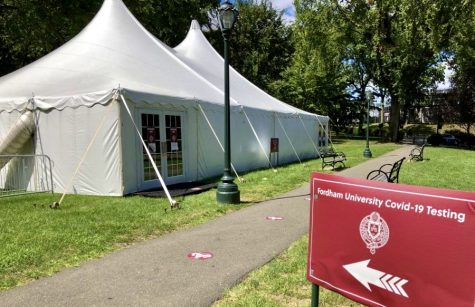


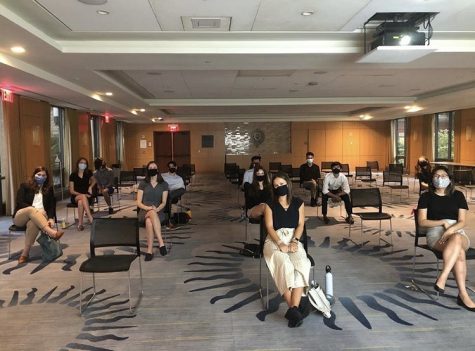
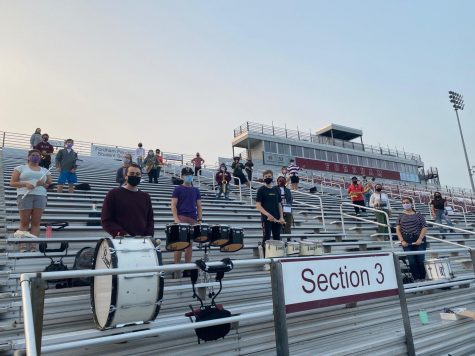
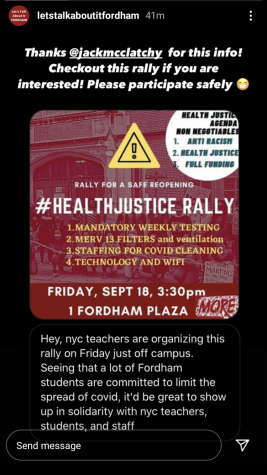
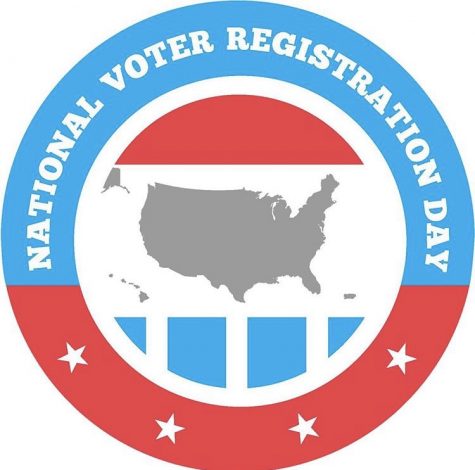
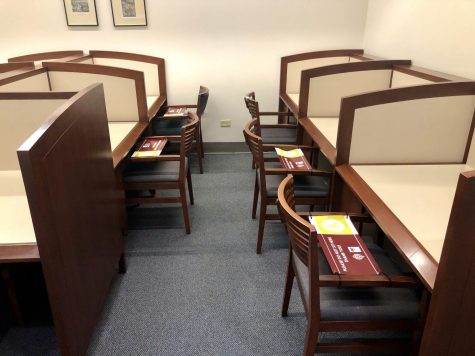
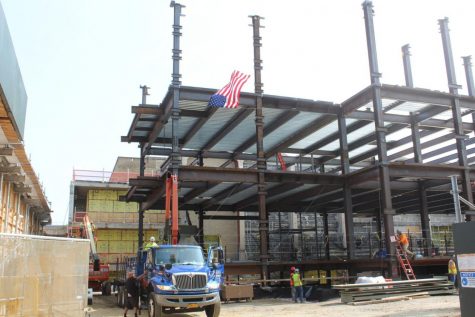

If you want a picture to show with your comment, go get a gravatar.